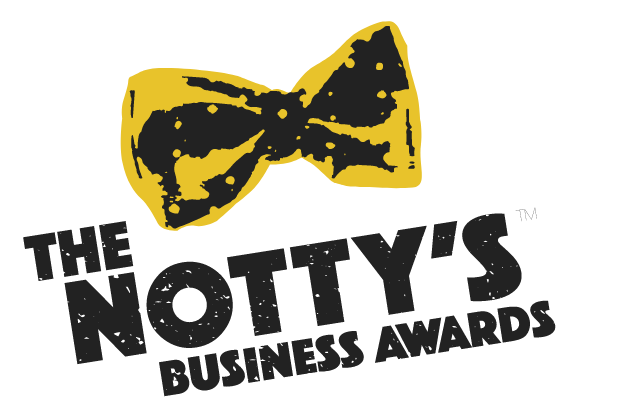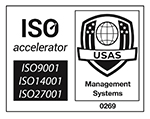In today’s modern workplace, collaboration is essential for success.
But what is the foundation of successful collaboration?
A foundation for successful collaboration includes good data organisation, access, protection, and control. Without these four key elements, collaboration can quickly become chaotic and inefficient.
In this blog, we will explore how data organisation, access, protection, and control are essential for successful collaboration in the modern workplace. We’ll also look at how organisations can ensure they have the right data management processes to support good collaboration.
So, if you’re looking to get the most out of your data and improve employee collaboration in your workplace, read on.
Data
Organisation
Data organisation is essential for teams to be productive and efficient, so they can access information quickly and easily to make informed decisions.
Organising files and folders in a meaningful, logical, and coherent way enables teams to work efficiently and productively. Good data organisation allows people within an organisation, can locate, edit, and use data that meet governance and regulatory standards. The benefits of good file and data management mean having a good level of quality management, information security, business continuity, and information architecture. A consistent and coherent approach enables access controls to be in place that are meaningful, easy to apply, and simple to adjust.
Access
There will be types of data and information that needs to be accessed by a role or group of people within your organisation. Simplify and automate access to data, by giving your employees secure access in a way that reduces workloads and removes admin-heavy processes. Having the right tools, and set-up, to match your business processes, structure, and focus will improve collaboration and productivity.
Protection
Data protection forms part of accreditations such as ISO 9001/27001, Cyber Essentials, GDPR and the Data Protection Act. These regulations help you put protections in place that improves your resilience to data breaches, vulnerabilities, and threat from hackers. Policy, procedures, and application controls work together to protect your data and keep sensitive customer information safe.
Control
An organisation should actively maintain the confidentiality, integrity, and availability of data within its network and IT ecosystems. To have strong controls that safeguard against unauthorised access, accidental loss, disclosure, or modification.
Maintaining the visibility, management and flow of data is core to the daily work and productivity of any organisation. The type and level of controls will vary depending on if the data is public, confidential, sensitive, or personal. Platform and network controls are imperative to keep these controls working as they should and reinforce an organisation’s overall level of cyber security resilience.
Key benefits of putting these data foundations in place
Collaboration in the modern workplace is essential for success – founded on data organisation, access, protection, and control.
Collaboration
Engage
Easy-to-use data systems, with user-friendly file management, help grow the eagerness in teams and departments to be actively-engaged in projects and the success of your organisation. Having an engaged workforce lifts productivity and in turn growth. Having useful and relevant information at their fingertips aids innovation and a smooth customer experience.
Enable
To build collaborative communication data should be easy to access, share and store. With well-organised data, the time spent on finding, sharing and filing information is drastically reduced. Enable teams to communicate in ways that increase productivity, and efficiency and promote inclusivity.
Innovate
When an organisation can innovate, it can change swiftly to market changes, and external threats and meet customer expectations. With the ability to automate admin tasks, analyse data and streamline processes, innovation becomes part of an organisation’s culture. An IT ecosystem that allows teams and departments to communicate in new ways breeds collaboration and drives transformation.
Master content management: ensure all files are secure and enhance real-time collaboration.
Without these elements, collaboration is impossible. Data organisation ensures that all data is stored in an orderly and accessible manner, allowing for easy access and retrieval. Data access allows sharing of data, between different departments and teams, and data protection and control ensures that data is secure and only accessible to those who need it. Having these elements in place, organisations can ensure that collaboration is successful and efficient.
It is important to have an IT partner who has the IT skills and experience to help your organisation thrive while adapting to new workplace trends. With the ability to advise on the best way to achieve a smooth user experience, meeting the needs of your organisation and security policies for compliance and governance. With the ability to offer training and emails with tips to educate your users on best practices to maximise collaboration and data governance.






